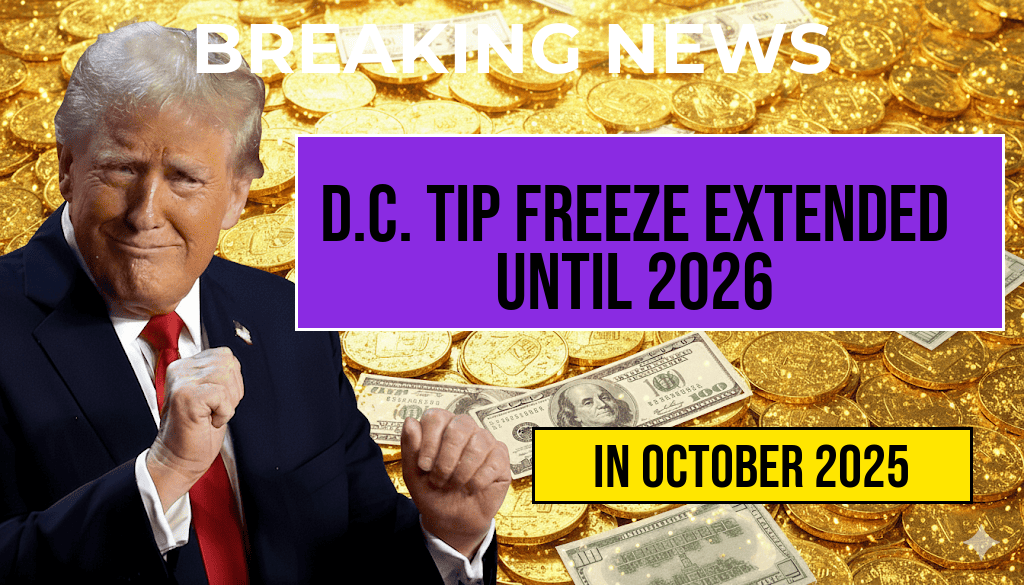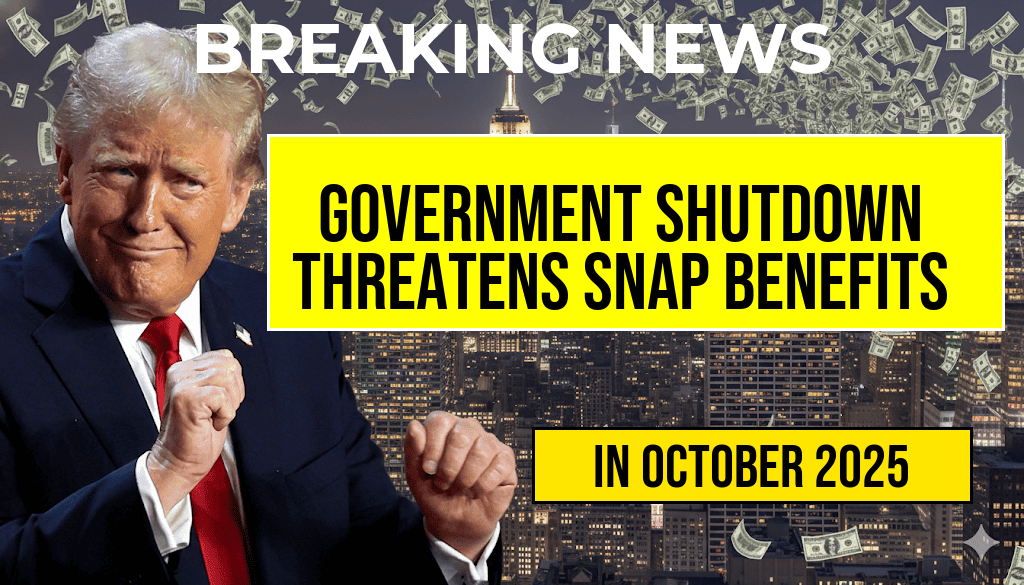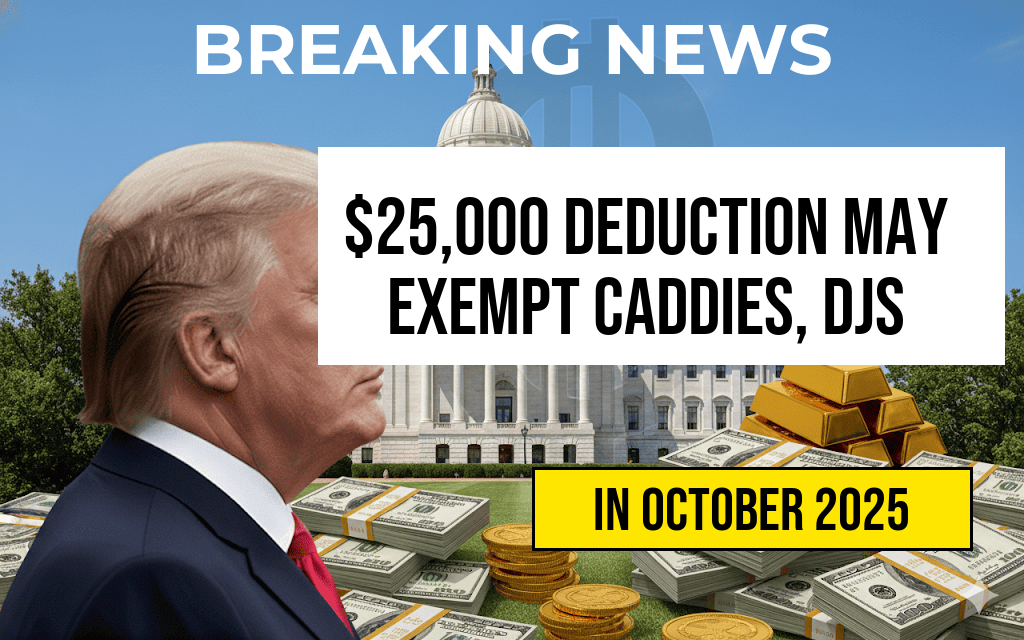The District of Columbia has announced an extension of the current tip wage freeze, maintaining the minimum wage for tipped workers at $10 until July 2026. This decision comes as a disappointment to thousands of service industry employees who were hoping for a base wage increase this year. With the freeze in place, many workers will continue to rely heavily on tips to make ends meet, raising concerns about economic equity and the sustainability of the current wage structure for service professionals. Advocates for workers argue that the situation underscores the need for reform in the tip credit system, which has been a contentious issue in the district.
Understanding the Tip Credit System
The tip credit system allows employers to pay tipped workers a lower minimum wage, with the expectation that tips will make up the difference. In D.C., the current tipped minimum wage is set at $10, while the standard minimum wage is $16.10. This disparity has led to an ongoing debate about the viability of relying on tips as a primary source of income for service workers.
The Impact of the Wage Freeze
- Continued Financial Strain: Many workers in the restaurant, bar, and hospitality sectors depend on tips for their livelihood. The wage freeze means these individuals will not see any increase in their base pay, potentially exacerbating financial difficulties.
- Worker Advocacy: Organizations advocating for workers’ rights have criticized the decision, arguing that it perpetuates a cycle of poverty among tipped employees and fails to reflect the rising cost of living in the city.
- Future Prospects: With the tip freeze extended until 2026, advocates are calling for legislative changes that would phase out the tip credit system altogether, ensuring that all workers receive a fair wage without relying on tips.
Responses from the Community
Reactions to the wage freeze have been mixed. Some restaurant owners argue that increasing the base wage could lead to higher menu prices, which might deter customers. Conversely, employees and labor organizations insist that a stable income is essential for maintaining a motivated and productive workforce.
Voices from the Industry
Many service workers have expressed their frustration regarding the extension of the tip wage freeze. For instance, Maria Gonzalez, a server at a popular D.C. restaurant, stated, “I work long hours and rely on tips to make a decent living. It feels unfair that my base pay won’t increase, especially with the rising costs of rent and groceries.” This sentiment is echoed by numerous colleagues who share similar concerns about their financial futures.
Comparative Analysis with Other Cities
To understand the implications of D.C.’s tip wage freeze, it is useful to compare it with other major cities that have adopted different approaches to tipped wages. In cities like New York and San Francisco, the minimum wage for tipped workers is higher, and there are ongoing discussions about eliminating the tip credit altogether. These cities have seen mixed results, with some establishments reporting increased costs but also heightened employee satisfaction and retention.
| City | Tipped Minimum Wage | Standard Minimum Wage |
|---|---|---|
| Washington, D.C. | $10.00 | $16.10 |
| New York City | $15.00 | $15.00 |
| San Francisco | $15.59 | $16.32 |
Looking Ahead
The extension of the tip freeze until 2026 raises questions about the future of tipped workers in D.C. As inflation continues to impact living costs, service employees may find it increasingly challenging to sustain themselves on a $10 wage. Advocacy groups and labor unions are expected to ramp up their efforts to push for legislative changes that would address these disparities.
As the landscape of the service industry continues to evolve, the D.C. government’s decision will undoubtedly have lasting effects on both workers and businesses. Stakeholders from all sides will need to engage in constructive dialogue to address the challenges faced by tipped workers in the district.
For more information on the implications of the tip wage freeze, visit Forbes and Wikipedia.
Frequently Asked Questions
What is the D.C. Tip Freeze?
The D.C. Tip Freeze is a temporary measure that prevents restaurants and other service industries in Washington, D.C. from raising the tip wage above $10 per hour until July 2026.
Why has the tip wage been frozen?
The tip wage has been frozen to protect workers who rely on tips and to ensure they receive a stable income during uncertain economic times, particularly in light of the ongoing impacts of the pandemic.
How does the tip freeze affect workers’ wages?
The extension of the tip freeze means that thousands of workers will continue to earn the tipped minimum wage of $10 per hour, resulting in no base raise for them this year.
What are the implications of not raising the tip wage?
Without a raise in the tip wage, service workers may experience financial strain as their earnings remain stagnant, potentially affecting their overall economic stability.
When will the tip freeze be re-evaluated?
The tip freeze is set to be re-evaluated in July 2026, at which point policymakers will consider the economic conditions and the need for potential adjustments to the tip wage.




